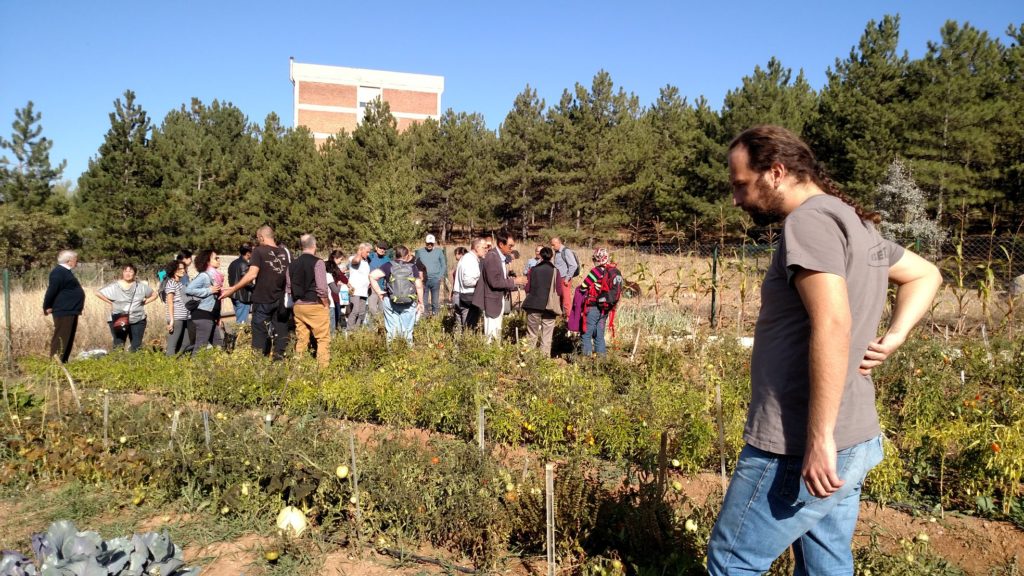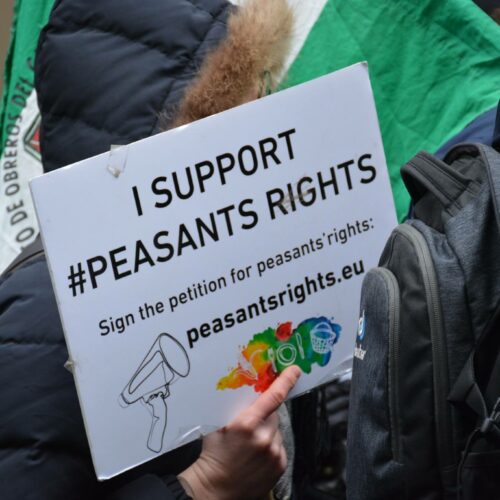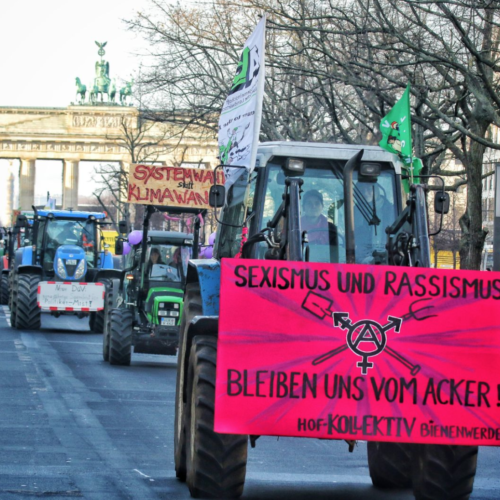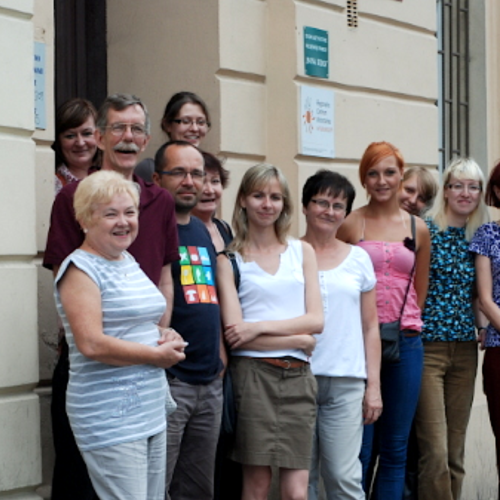It is obvious that our food systems are broken all around the world. It is also apparent that we are living in not-so-democratic democracies -in the sense that it is not really ‘we the people’ running the show and making the decisions that affect our lives and livelihoods. And all this would not be the case if ‘we the people’ were actively participating in the governance of it all. So, the vision of Agroecopolis is to bring about systemic change starting from the food systems. Alternative food systems that create resilient communities made up of aware and emancipated citizens.
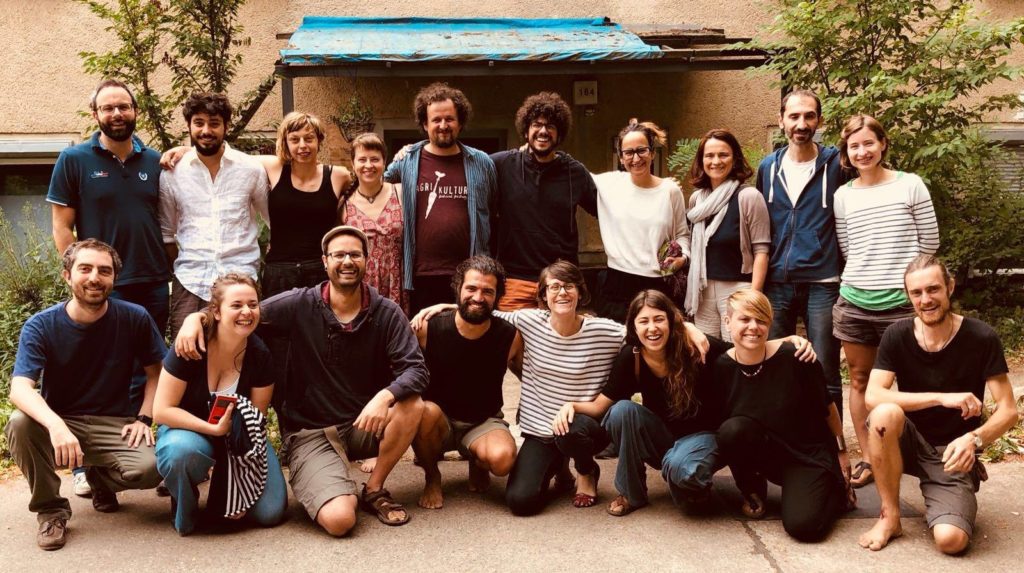
Imagine 10% of Greek population not going to the supermarket to buy their food any more. This would be a massive, non-violent, blow to the system – done in a way that cannot criminalise the orchestrators. And when people realise their power, the next challenge becomes affecting change on a political level.
To get there, Agroecopolis aims to educate farmers in resilient and sustainable farming practices and create independent farmers who can rely on their own knowledge and the networks between them instead of relying on agronomists, certifying bodies, seed companies etc. through work on agroecological training. In parallel, they work on the issue of access to land for farming so that these farmers have a safe and secure place to farm, and then models like community supported agriculture (CSA) provide financial security for them. This attracts more farmers to do the same and thus create resilient rural economies -not to mention the benefit for the environment, biodiversity and mitigation of climate change. At the same time the urban citizens who are part of such systems become more aware of issues pertaining to their food, the democracy and justice of the food systems. Together producers and eaters of food create food policy councils to affect decision making and governance of their communities e.g. by demanding laws that promote localisation of food production and consumption; giving incentives to restaurants and other food services to use locally produced foodstuffs.
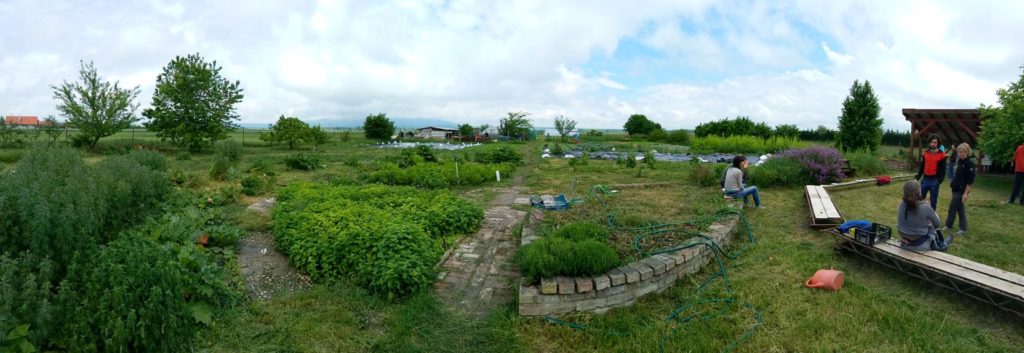
The Agroecopolis crew believe that food production and consumption are key characteristics of a resilient and sustainable civilization. The ways in which any society feeds and sustains itself, the ways in which it treats its natural environment (land, forests, water) are clear indicators of its future sustainability. Social and individual distrust and the lack of a culture of cooperation are some of the main root causes for the obliteration of civic resistance and movements during a crisis.
It is their conviction that to bring systemic change we need to start from food as it is something that unites all, something we all have in common.
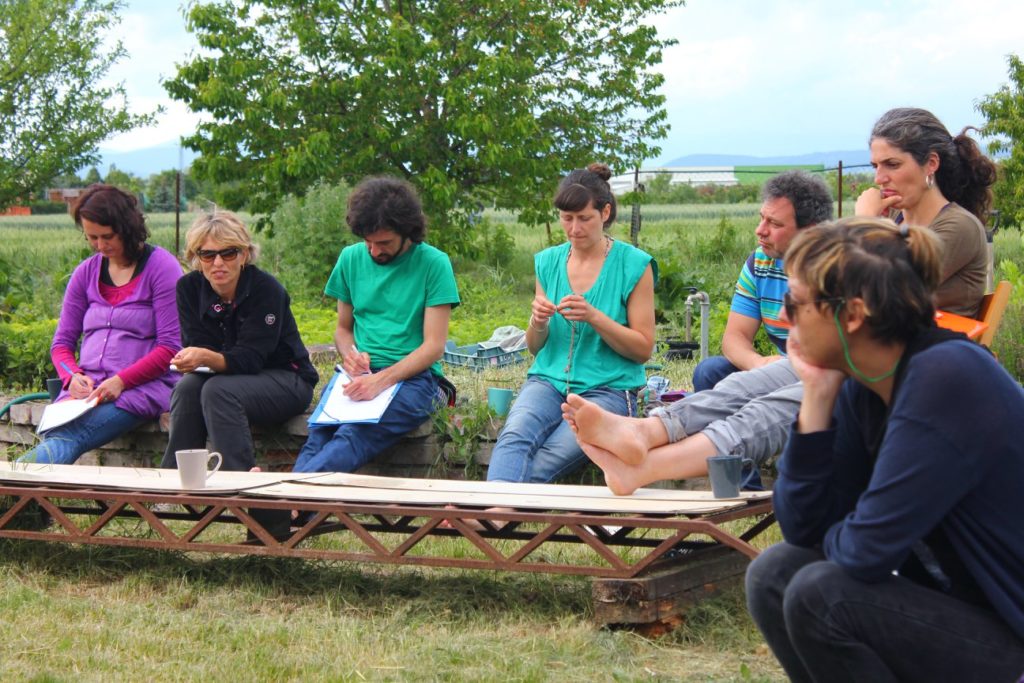
They state that: “to change the food we eat, we have to start at the beginning with how and by whom food is produced and how and by whom it is distributed… and in Greece we have so much agroecological potential and food heritage that we can benefit from. But in order to compete with the economies of scale of the capitalist food system, there needs to be integrated mutual support within producers, between them and consumers, and active citizens. Not one of us can do this alone. Our aim is to embolden people to trust each other so as to collaborate, and to create food systems that fit with our climate and our culture, whilst adapting to the social and environmental injustices/challenges we all face today (climate change, consumerism, food poverty, structural inequality, water shortages and desertification). We work to build capacity and share knowledge across different scales of action (local, regional, national, international) to build CSAs, PGS, solidarity payment structures, solidarity exporting, etc.”
The Greek economy is ridden by intermediaries. This is more plainly visible in the food sector and the reason behind the once massive ‘no intermediaries’ movement.
Food is also related to our health. Healthy and able citizens can (re)act better to bring about change and their communities have better chances of bringing about food sovereignty. Realising the importance of food systems and acting upon it, is systemic change.
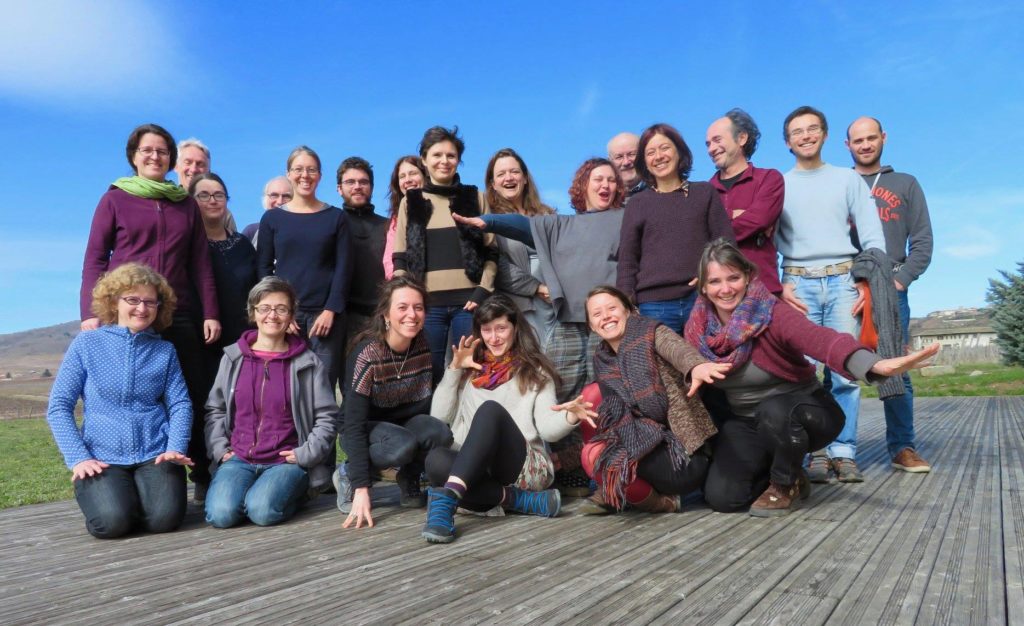
The Guerrilla Grant
Promoting CSA is an ongoing process that the Agroecopolis team does irrespective of allocated funds. This is their first time receiving funding from a Foundation so the grant money means they have the chance to work on CSA promotion in a more effective manner and to produce results faster. The idea is to foster creation of new CSA-related initiatives. In Thessaloniki, Athens and Halkida at first stage and with other areas following in coming years.
They plan on doing it in stages:
1. creating / empowering catalysts
2. informing stakeholders: producers (rural, urban, peri-urban areas) consumers (urban) and local authorities
3. More open general campaign (at a later stage)
The first activity is planned for 10/11/18 and the project duration is one year.
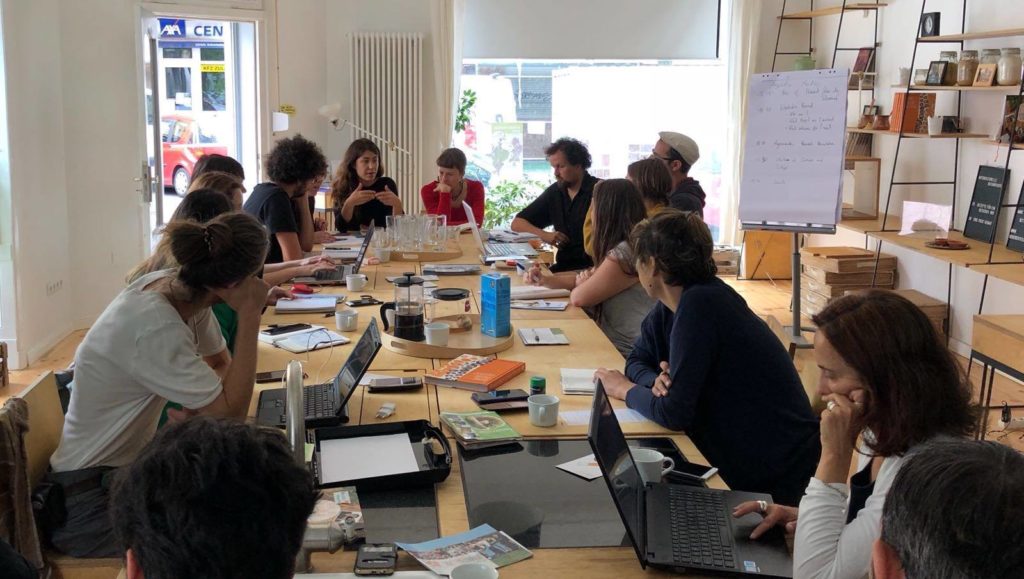
They already organised a first meeting of the 20+ founding members of the National CSA Association in November 2018. Feedback from this meeting as well as material produced via Erasmus+ project and new sections specific to Greece – e.g. legal and fiscal framework of operation, will be added and adapted to create a ‘trainer’s guide’ for the Greek reality by June 2019.
This material will be presented in the form of a booklet and will be the basis of a training event, made to coincide with the second meeting of the National Association by September 2019.
Funding will also cover the production of additional material e.g. posters and leaflets by September 2019.
Focusing on the three geographic areas of Thessaloniki, Halkida and Athens, together with local catalysts they will organise a series of talks and workshops with a view to inform and finally facilitate the creation of new initiatives locally in the period March – October 2019.
